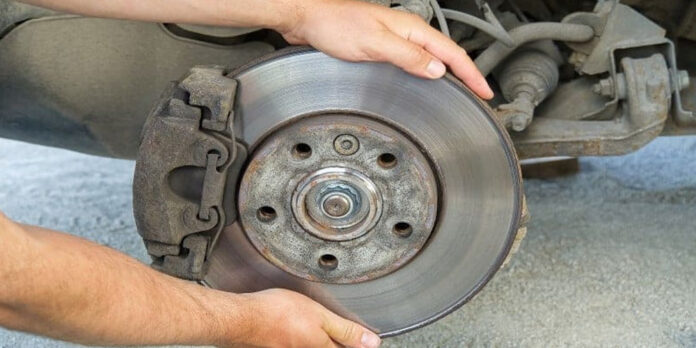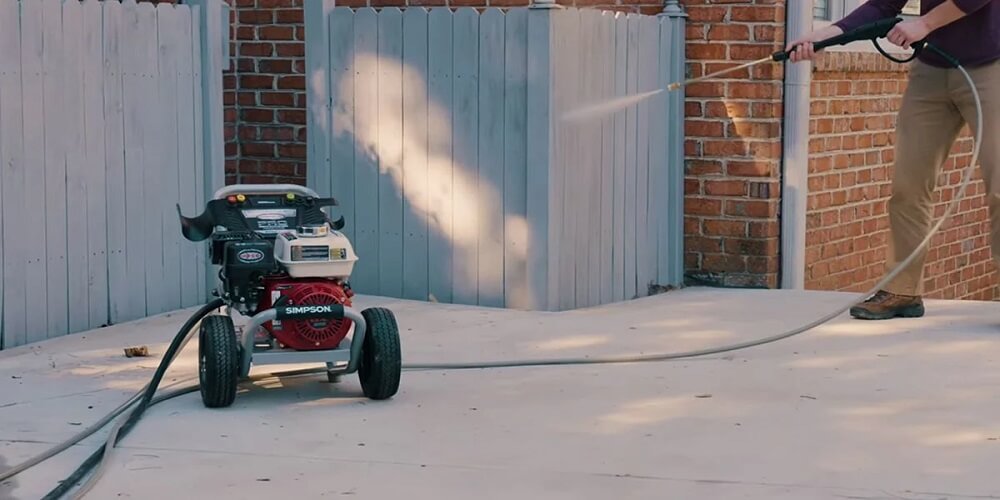Your vehicle braking system will work properly if all of its components work in the way they should work. The parts include pads, rotors, brake fluid, and calipers. If any of these components will not work properly then your car is unfit for use.
Brake Calipers are one of the most important components, they are responsible for squeezing the brake pads to create the necessary force that is needed to stop the car. There are some symptoms of a sticking brake caliper that you should know to avoid any big danger or loss. The symptoms are described in detail in this given article.
5 Symptoms of a Sticking Brake Caliper
When you put your foot on the pedal, the brake calipers create the force that squeezes the brake pad against the rotors. They are simple and contain a movable piston, this piston moves when the force is applied by brake fluid and to stop the brake fluid there is a rubber seal and dirt, and debris stopped by the boot present at the front.
When we talk about the sticking brake caliper then this happens mostly when the seal rubber hardens or tears with time. This will collect the dirt around the piston and then it can corrode and get stuck.
Following are some common symptoms that have been observed in the case of a sticking brake caliper:
1. Vehicles Pull One Side
One of the main symptoms of a bad brake caliper is that when you try to break the vehicle it either pulls to the right or the left. Normally when the piston moves smoothly it does not exert a lot or too little force.
In case of a bad brake caliper, the force may vary from the other one on the same axle and this will pull the car to the right or the left direction while braking. This is dangerous especially if the driver tries to brake hard.
2. Vibrations and Sound
Sometimes the caliper gets jammed and does not release even after you take your foot off the pedal. The piston moves the brake pads in and out against the rotor and if it is sticky or not moving smoothly then you may feel the vibration in the steering wheel and brake pedal.
3. Overheating Of Rotors and Brake Pads
A sticking brake caliper will not release pressure from the brake pads. This will create friction between rotors and brake pads, resulting in excessively hot brake pads and rotors.
4. Brake Fluid Leaks
You can easily notice if your car is leaking brake fluid. To do so inspect the tiers and undercarriage of your vehicle. It will also affect your car’s braking ability and the calipers will also become stuck.
5. Dashboard Warning
Most of the latest cars are equipped with a sensing system for the detection of brake system failure. If any problem occurs the warning lights on the dashboard will be on. Then the technician inspects and detects if the brake caliper sticking is the reason for the warning lights.
Final Verdict
One or more brake calipers sticking is common especially if your car ages. There are some common signs of a sticky brake caliper such as your car pulling to the right or left, overheating of padel, fluid leakage, and others as described above.








